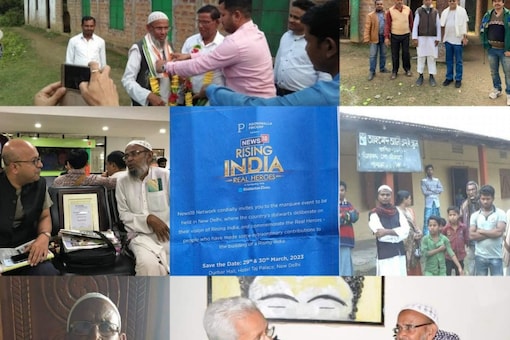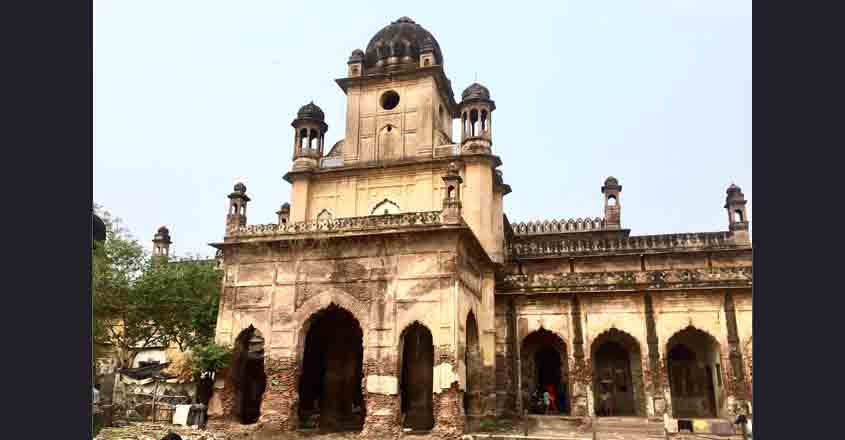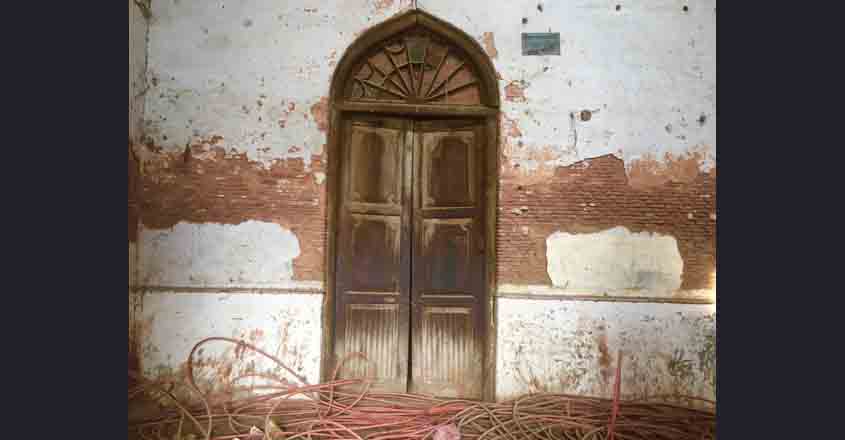Khilorband (Patharkandi Village, Karimganj District), ASSAM:
By establishing nine schools with the money collected from driving an autorickshaw, Ali has helped bridge the gap between education and poverty in his community.

Ahmed Ali, from Assam’s Karimganj district, is a true inspiration for many, especially those who are determined to make a positive difference in their communities. Despite facing financial challenges, the 87-year-old decided to take matters into his own hands and established schools in his village to provide education to underprivileged children.
By establishing nine schools with the money collected from driving an autorickshaw, Ali has helped bridge the gap between education and poverty in his community. He understands that education is the key to unlocking opportunities and breaking the cycle of poverty. His schools offer affordable education to students who would otherwise not have access to it.
He is a resident of Khilorband, a marginal village of Patharkandi in the Indian state of Assam, bordering Bangladesh. Ali started the first school in 1978 in his village Madhurband. He sold some of his land and donated a part of the land to the school, on which it was built. Out of his 36 bigha land, he donated 32 bigha land for the construction of the school. Funding of the school is also done from its deposits, daily earnings and donations.
His high School was set up in 1990. In addition to it, he also established three lower secondary schools, five secondary schools and one higher secondary school. He hopes to establish a college in the future.
Besides donating his own land for the schools’ construction, Ali also works hard to keep them running. He drives a rickshaw during the day to earn a living, and at night, he cuts wood to help maintain the school’s finances. His dedication and hard work have made a significant impact on the education of many children in his community.
Ahmed Ali’s work has not gone unnoticed. He was nominated for the News18 Rising India Real Heroes Award in the education category, and he will be conferred with the award at the News18 Rising India Summit at the Taj Palace Hotel in New Delhi on March 30.
His story has been shared by Prime Minister Narendra Modi on his radio programme ‘Mann Ki Baat,’ inspiring many others to take action in their own communities. Narendra Modi said, “I have come to know that a rickshaw puller named Ahmed Ali of Assam’s Karimganj district has opened nine schools for the education of poor children. It is a beautiful manifestation of the will of the people of our country.” Ali was also invited to Delhi as a speaker by an NGO Jookto.
source: http://www.news18.com / News 18 / Home> India / by Akhi Das, edited by Jessica Nani / March 29th, 2023











